Britain & Ireland
The Tudors continue to fascinate and some of their story is told here along with the other dynasty of the period the Stuarts. Alongside those resources are the podcasts on the ideas that transformed British society during that period and created a United Kingdom for the first time. The industrial revolution is explored through poetry as well as technology. Religious collapse, change and diversity are all themes explored in this section. Read more
Sort by:
Date (Newest first) | Title A-Z
Show:
All |
Articles |
Podcasts |
Multipage Articles
-

Thomas Muir and the 'Scottish Martyrs' of the 1790s
ArticleClick to view -
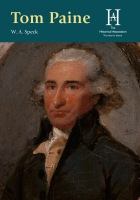
Thomas Paine
ArticleClick to view -

Travelling the Seventeenth-Century English Economy: Rediscovery of Celia Fiennes
ArticleClick to view -

Trewarthenick, Cornwall
ArticleClick to view -
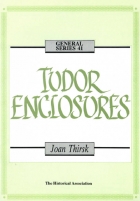
Tudor Enclosures
ArticleClick to view -
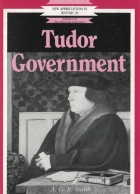
Tudor Government
ArticleClick to view -

Tudor queens: power, identity and gender
ArticleClick to view -
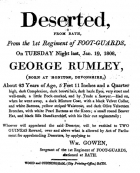
Wellington's Soldiers in the Napoleonic Wars
ArticleClick to view -

What Have Historians Been Arguing About... migration and empire
ArticleClick to view -
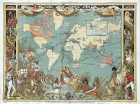
What Have Historians Been Arguing About... the impact of the British Empire on Britain?
ArticleClick to view -

What Have Historians Been Arguing About... the impact of the English Reformation
ArticleClick to view -

What have historians been arguing about... decolonisation and the British Empire?
ArticleClick to view -
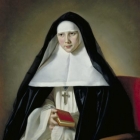
Who were the Nuns? English Convents in Exile 1600-1800
ArticleClick to view -

Why did People Choose Sides in the English Civil War?
ArticleClick to view -
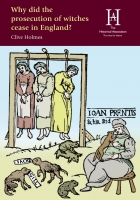
Why did the prosecution of witches cease in England?
ArticleClick to view -
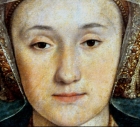
Women, education and literacy in Tudor and Stuart England
ArticleClick to view -

Woodland in the East Staffordshire landscape
ArticleClick to view -

‘Cromwell’s trunks’
ArticleClick to view -

‘Zulu’ and the end of Empire
ArticleClick to view

